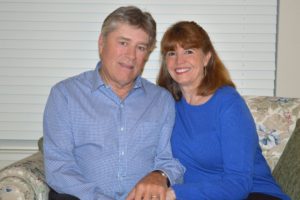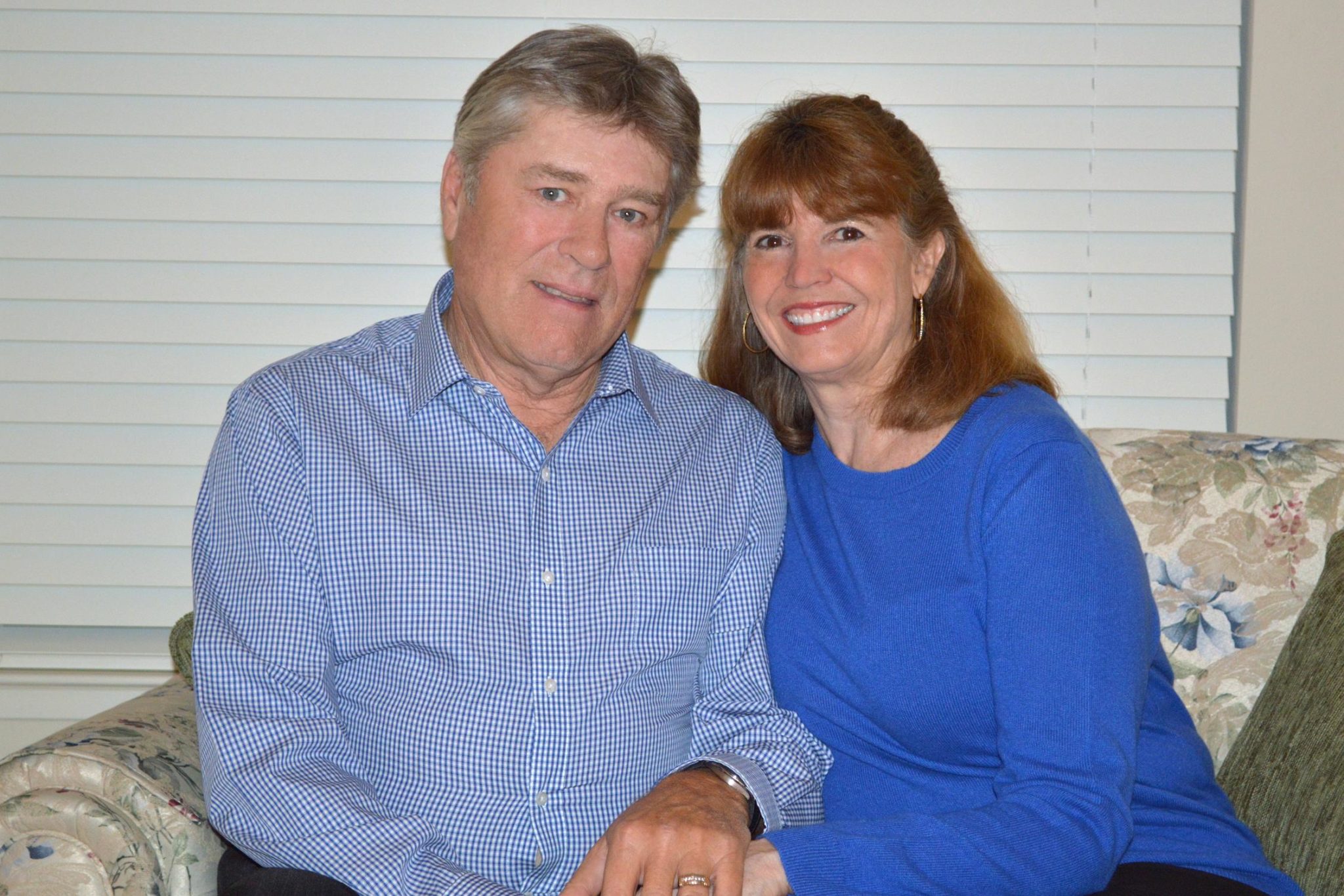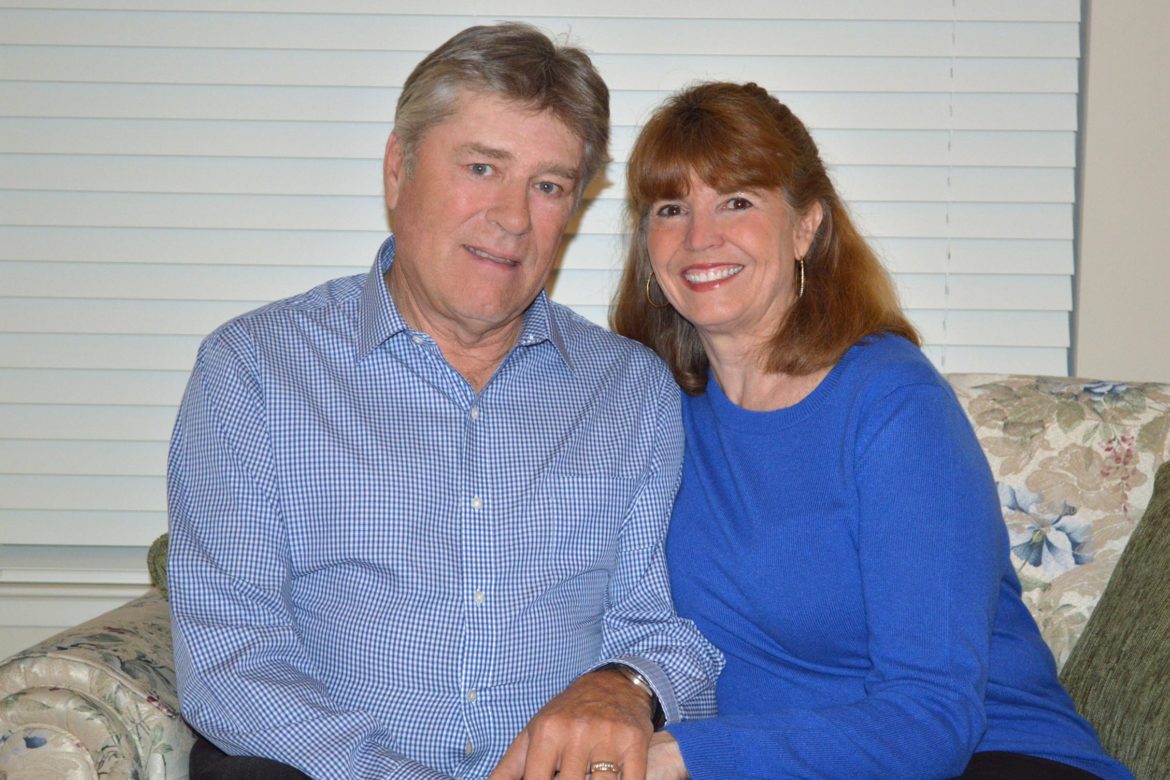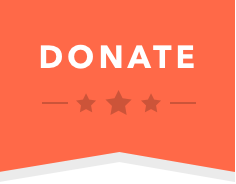Today marks 40 years since the end of the Vietnam War. Since the beginning of the wars in Iraq and Afghanistan, Vietnam War veterans have provided support, advice and guidance to this new generation of warriors. These generational bonds have also formed between the loved ones caring for the wounded, ill, and injured of these wars. What follows is a Q&A between two Elizabeth Dole Fellows. The questions are posed by Emery Popoloski who cares for her husband, a veteran of the post-9/11 era. The responses are provided by Debbie Sprague who supports her husband with the wounds that linger from his two tours in Vietnam, more than 40 years ago.
1) What has it been like to care for a Vietnam veteran when there was no spotlight on military caregivers?
For me personally, it was very lonely and difficult because my husband came home from Vietnam with no “visible wounds”. When we married in 2000 he seemed perfectly normal, however, by 2004 he had changed dramatically and was diagnosed with severe PTSD, as well as health problems from Agent Orange exposure. He was no longer able to work, and I was responsible to care for him, trying to run a business and taking care of my daughter and our home. Because he was able to do his own ADL’s (Activities of Daily Living) there was no financial help for me as his caregiver. It was necessary for me to cut down on my work hours in order to keep up with his needs, which affected our financial stability. I struggled with no support – his wounds were all “invisible” and when I tried to explain what was going on to friends and family I would get blank stares, or comments such as “it’s just an excuse for his bad behavior”. His PTSD took a toll on our family as well – my daughter never returned home to her old room once she left for college, because of her fear. She and her friends had experienced his angry outbursts for six years. In 2006 I was diagnosed with PTSD as well. I reached out for help to the VA, but was turned down everywhere I turned, because as a Vietnam Vet caregiver I did not qualify. I finally sought outside help from two private therapists who both gave me the easy solution – get a divorce and walk away.
2) Was there any caregiving isolation challenges that you faced?
I felt as though I was all alone. No one understood my husband’s problems, or my needs. I “carried on” in silence. I found myself in a place that I had never known before. I experienced anger, resentment, overwhelming feelings, depression and hopelessness that my life would ever get better.
3) What have been the positive outcomes and results due to being a military caregiver for a Vietnam Veteran? As a post 9/11 caregiver I can honestly say that you all give us hope that we can go on in a positive way.
I finally found someone who understood – Brannan Vines/Family of a Vet. She gave me the same advice that a wise Vietnam Vet wife had given her. If you want to get better, reach out and help others. I began volunteering with Family of a Vet (FOV), writing articles, becoming a staff member and hosting their radio show. I also began researching everything I could on PTSD and caregiving. I learned so much over the course of ten years that I wanted to help other caregivers find the healing, hope and peace that my husband and I had found. So I took all that I had learned and I began sharing my story through my book (A Stranger in My Bed: 8 Steps to Taking Your Life Back From the Contagious Effects of Your Veteran’s Post-Traumatic Stress Disorder http://astrangerinmybed.com ) Many Vietnam Vet Wives reached out to me sharing their stories of caregiving for 30-40 years and how alone and isolated they felt. They shared that knowing they are no longer alone has been a life changer for them. They saw themselves and their veteran in my story and finally understood what had happened to them. I feel very blessed to be able to serve and help other caregivers today.
4) What advice would you give to the newer generation of military caregivers?
This is a gift that you are providing to your loved one for a lifetime. Do not be afraid to create a life that works for you and your family, even it if it falls out of the “traditional box”. Only you know what is best for your family and your situation. It is not a selfish act to care for your own health and emotional needs – it is essential for life-long caring. Learn everything that you can about your veteran’s diagnosis and what the future may look like it. Understand that it may take time to accept your new “reality”. Change is not easy and grief over all that has been lost is very natural. Surround yourself with a support system. Reach out to others who are not doing as well as you, and give them support.
5) Please feel free to share anything else regarding being a military caregiver for a Vietnam era veteran:
Life does not stop when you become a caregiver. All eras of caregivers have many other responsibilities as well. Today my responsibilities include caring for my veteran whose medical problems and needs continue to grow as he ages. I also now care for my parents, age 84 and 86. Medical appointments, ER visits and hospital stays are now tripled. It is easy to become over-whelmed caregiving for so many loved ones at the same time. This is when the lessons that I have learned: setting priorities, trusting in the Lord for my strength, and caring for my own needs are crucial. As a Vietnam era caregiver I am honored to be able to take my experience and share it with the new generation of caregivers. My hope is that what we have learned can help pave the way for better care and support for all caregivers.













Follow Us